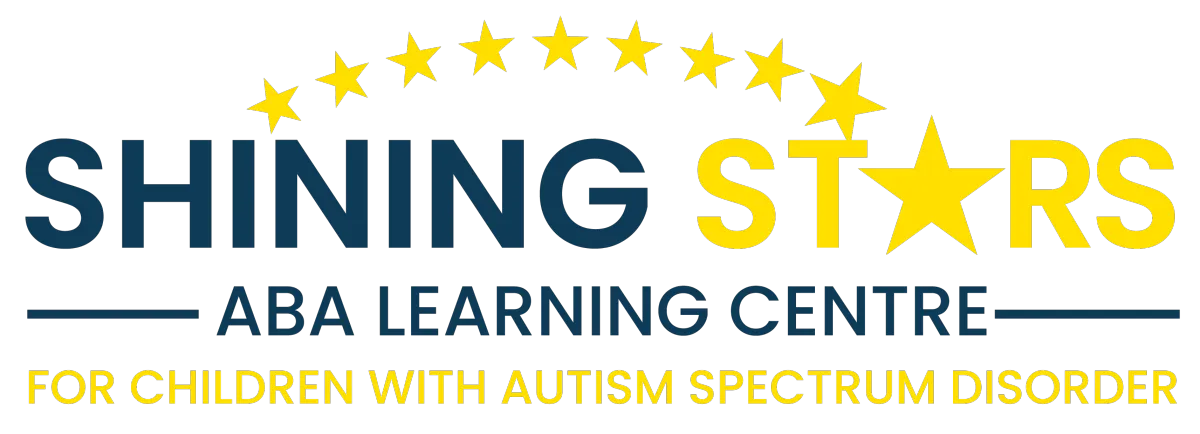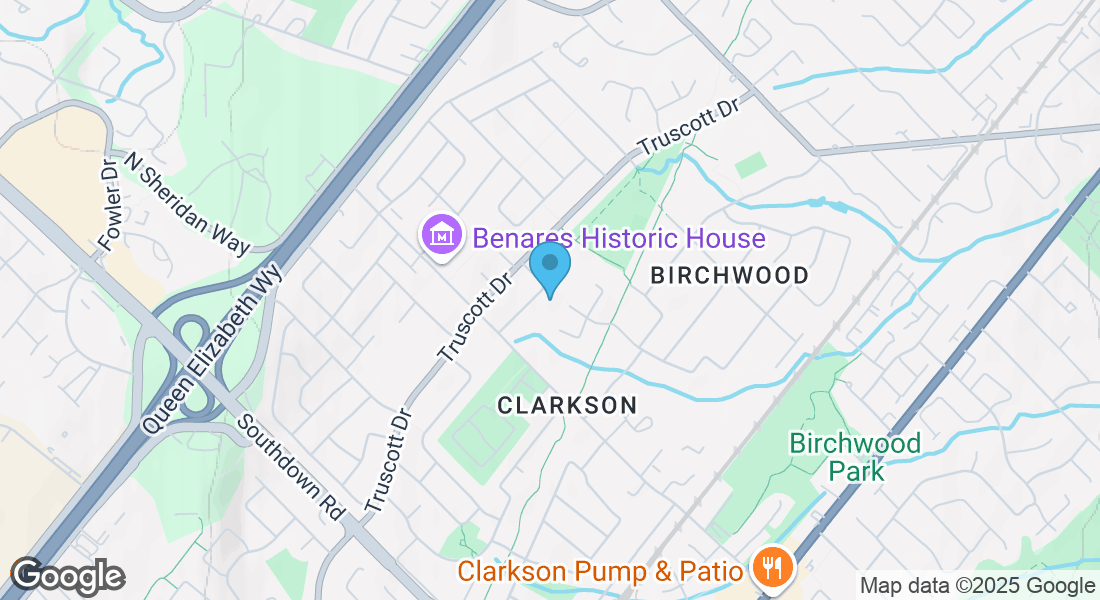BLOGS & PUBLICATIONS
Read. Learn. Share.

ABA Therapy vs. Other Autism Support Options: Which Is Best for Your Child?
Navigating autism support options can be overwhelming for parents seeking the best care for their child. Each child has unique needs, making it essential to explore therapies and select the right fit. This guide explores ABA therapy vs other autism support options, helping you make an informed decision tailored to your child’s development.
What Is ABA Therapy?
Applied Behaviour Analysis (ABA) therapy is an evidence-based approach that focuses on understanding and modifying behaviours. It helps children with autism build essential communication, social, and functional skills.
Key Principles of ABA Therapy:
Positive reinforcement to encourage desired behaviours.
Breaking complex tasks into smaller, manageable steps.
Ongoing assessment and data-driven adjustments.
Benefits of ABA Therapy:
Proven to improve communication and reduce challenging behaviours.
Customised to meet individual goals.
Provides a structured environment for skill-building and independence.
Other Autism Support Options
When comparing ABA therapy vs other autism support options, it’s important to understand what each therapy offers:
1. Speech Therapy
Focus Areas: Language development, verbal and non-verbal communication, and improving social interaction.
Best For: Children with speech delays or difficulties understanding language.
2. Occupational Therapy (OT)
Focus Areas: Daily living skills (e.g., dressing, eating), sensory integration, and fine motor skill development.
Best For: Children with sensory sensitivities or motor coordination challenges.
3. Social Skills Groups
Focus Areas: Peer interaction, turn-taking, collaborative play, and resolving conflicts.
Best For: Children who benefit from practising social skills in a structured group setting.
4. Autism-Specific Schools and Educational Interventions
Focus Areas: Individualised learning plans for academic and behavioural development.
Best For: Children who thrive in a specialised classroom environment with personalised attention.
Factors to Consider
Deciding between ABA therapy vs other autism support options involves evaluating:
Your Child’s Needs:
Assess their communication abilities, sensory preferences, and behavioural challenges.Family Goals:
Align therapies with your family’s short- and long-term priorities.Accessibility:
Research local providers and consider availability, including potential waitlists.Funding Options:
Explore provincial funding programs, insurance coverage, or private resources to manage costs.
Comparing ABA Therapy vs Other Autism Support Options
ABA Therapy
Pros: Structured, data-driven outcomes; effective across a wide range of behaviours and skills.
Cons: Time-intensive and potentially expensive; some children may find it too rigid.
Speech and Occupational Therapy
Pros: Highly targeted and adaptable to specific challenges.
Cons: Limited in scope; for example, speech therapy does not address behavioural issues.
Social Skills Groups and Autism-Specific Schools
Pros: Foster peer interaction and holistic development.
Cons: May lack the personalised focus needed for certain children.
Combining Therapies
Often, the best approach involves blending ABA therapy with other autism support options to create a comprehensive plan. For example:
Pairing ABA therapy with speech therapy to address both communication and behaviour.
Using OT alongside ABA to improve sensory integration and enhance daily life skills.
A multidisciplinary approach ensures well-rounded support tailored to your child’s unique needs.
Practical Tips for Parents
Seek Professional Advice: Consult qualified specialists to assess your child’s needs and recommend suitable therapies.
Explore Trial Sessions: Test different therapies to find the best fit.
Connect with Other Parents: Learn from their experiences and insights.
Collaborate with Providers: Work closely with therapists and educators to track progress and adapt strategies as needed.
Choosing the Best Path
When deciding between ABA therapy vs other autism support options, remember that every child is unique. What works for one child may not work for another. The key is to focus on your child’s specific needs, developmental goals, and overall progress.
If you’re ready to explore tailored autism support options, contact Shining Stars Support Services. Our experienced team is here to help children and families achieve their full potential.
Testimonials
What Parents Are Saying
Aisha

"Rania is exceptionally nice and a vibrant lady. I was pleased with all of the tips and personalized information given to help my son. I am extremely pleased with his progress. She is very talented, delighted and a dedicated, supportive and patient tutor."
Lisa

"I highly recommend Rania Ghobrial to anyone looking for fun, effective and knowledgeable support for their child. Rania's passion for children is evident in her interactions with them and her knowledge base is extensive. We are so happy to have her join our team!"
Bonnie

"My daughter has been going to Shining Stars for about 10 months and I could not be happier with her progress. Everyone there is just so amazing. She loves attending and I just love how much she enjoys it. I just wish I had found this wonderful place sooner"

